
UNDP has teamed up with Lavazza, initiating a partnership focused on transforming global coffee production towards sustainability. This collaboration introduces the world’s first certified deforestation-free coffee, positioning Ecuador as a pioneer in sustainable agricultural practices.
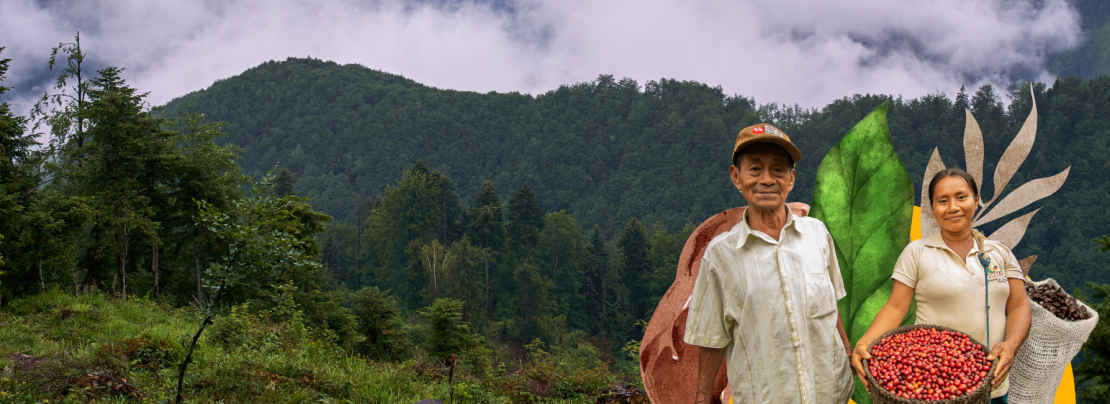
Brewing a better future together
Forests are essential in combating climate change. Healthy forests can serve as vital carbon sinks by mitigating the accumulation of greenhouse gases in the atmosphere. Unfortunately, many of these crucial ecosystems face the threat of deforestation, which disrupts their ability to regulate global temperatures, contributing significantly to climate volatility.
Sustainable production systems that prioritize forest conservation are therefore critical.
Deforestation is primarily driven by agricultural expansion, logging, and infrastructure development, activities interlinked and embedded in agricultural supply chains. Tackling drivers of deforestation that are buried deep in the supply chain requires innovative and collaborative solutions.
Building on UNDP’s commitment to combating deforestation and experience fostering sustainable agricultural practices across the globe, UNDP and Lavazza have initiated a partnership focused on transforming global coffee production towards sustainability. This collaboration introduces the world’s first certified deforestation-free coffee, positioning Ecuador as a pioneer in sustainable agricultural practices, framed in the national policy to reduce deforestation.
By empowering local producers to adopt and maintain sustainable practices, we are working to protect and preserve natural resources while enhancing agricultural productivity and community livelihoods in harmony with environmental goals.
In working with global companies like Lavazza, UNDP strategically contributes insights and expertise to implement solutions that are both innovative and aligned with local and global environmental objectives. In a collaborative effort to redefine coffee production, UNDP united local producers and national authorities, leading to the development of ‘Lavazza ¡TIERRA! special edition', introducing the world’s first sustainable coffee produced without deforestation. This pioneering effort establishes a global standard for sustainability, demonstrating the potential for innovative practices to reshape industries.
Building a sustainable future, one cup of coffee at a time
Coffee is more than just a morning ritual; it is a catalyst for social interaction, used universally in meetings, celebrations, and casual gatherings. It forms a vital part of daily life for millions, infusing our mornings with tranquility and energy.
In our pursuit of a more sustainable world, understanding the journey of coffee from bean to cup is crucial. Yet, many of us remain unaware of its origins or the impact our consumption has on the environment and the communities that cultivate it.
Through this innovative partnership, UNDP and the Ecuadorian government enable coffee production that enriches our daily lives, supports local producers and positively impacts the climate and nature. By fostering collaboration and sustainable practices, UNDP is helping to ensure that coffee production contributes to community well-being and environmental health.
UNDP’s commitment to sustainability
At UNDP, we believe that coffee production can be sustainable and beneficial to both the environment and local communities. Our key commitments include:
Protecting our planet
Ensuring that every bean in the ' Lavazza ¡TIERRA! special edition ' is grown without deforestation, contributing to the global fight against forest degradation and climate action. Ecuador’s deforestation-free certification includes comprehensive geospatial surveys and third-party verification to ensure the highest standards of environmental integrity.
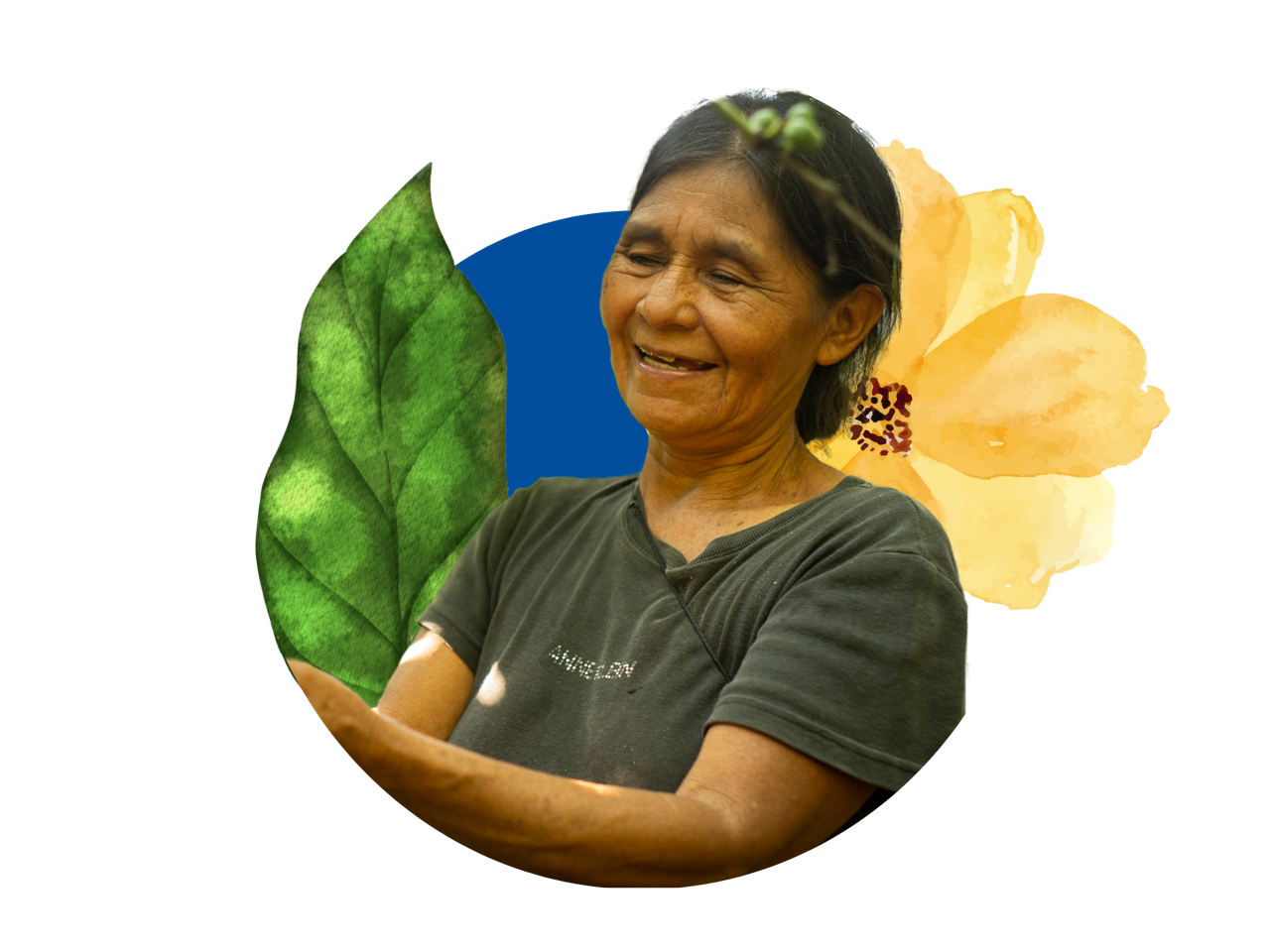
Empowering communities
Transforming the lives of local, coffee-producing families in Ecuador by providing them with the tools and knowledge to grow coffee sustainably, strengthening both their livelihoods and the local economy. Learn more.
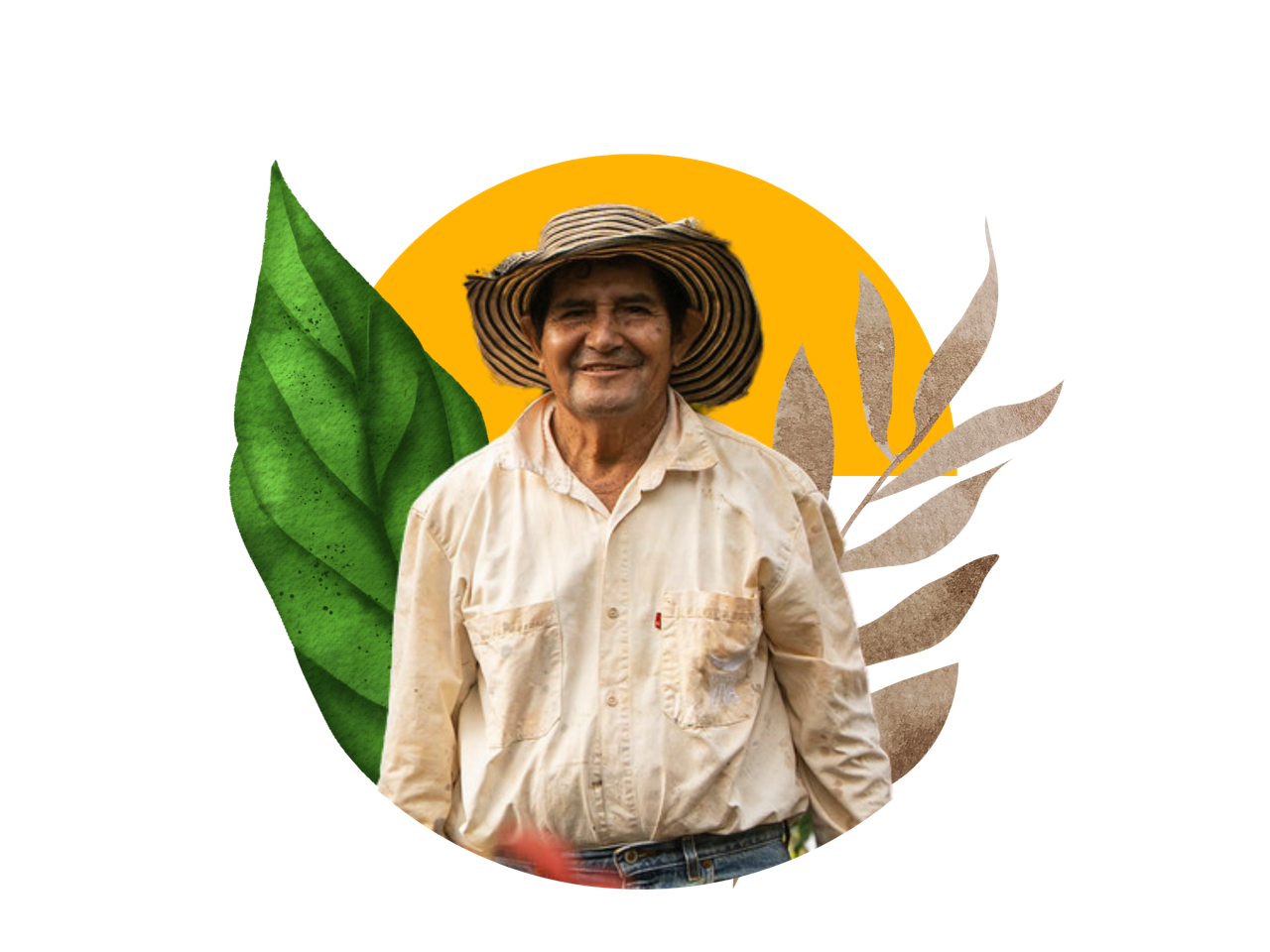
Setting a global standard
By pioneering sustainable practices, we aim to inspire the coffee industry at large to adopt ethical and environmentally friendly methods. It is our hope that this partnership serves as a model of public-private collaboration.
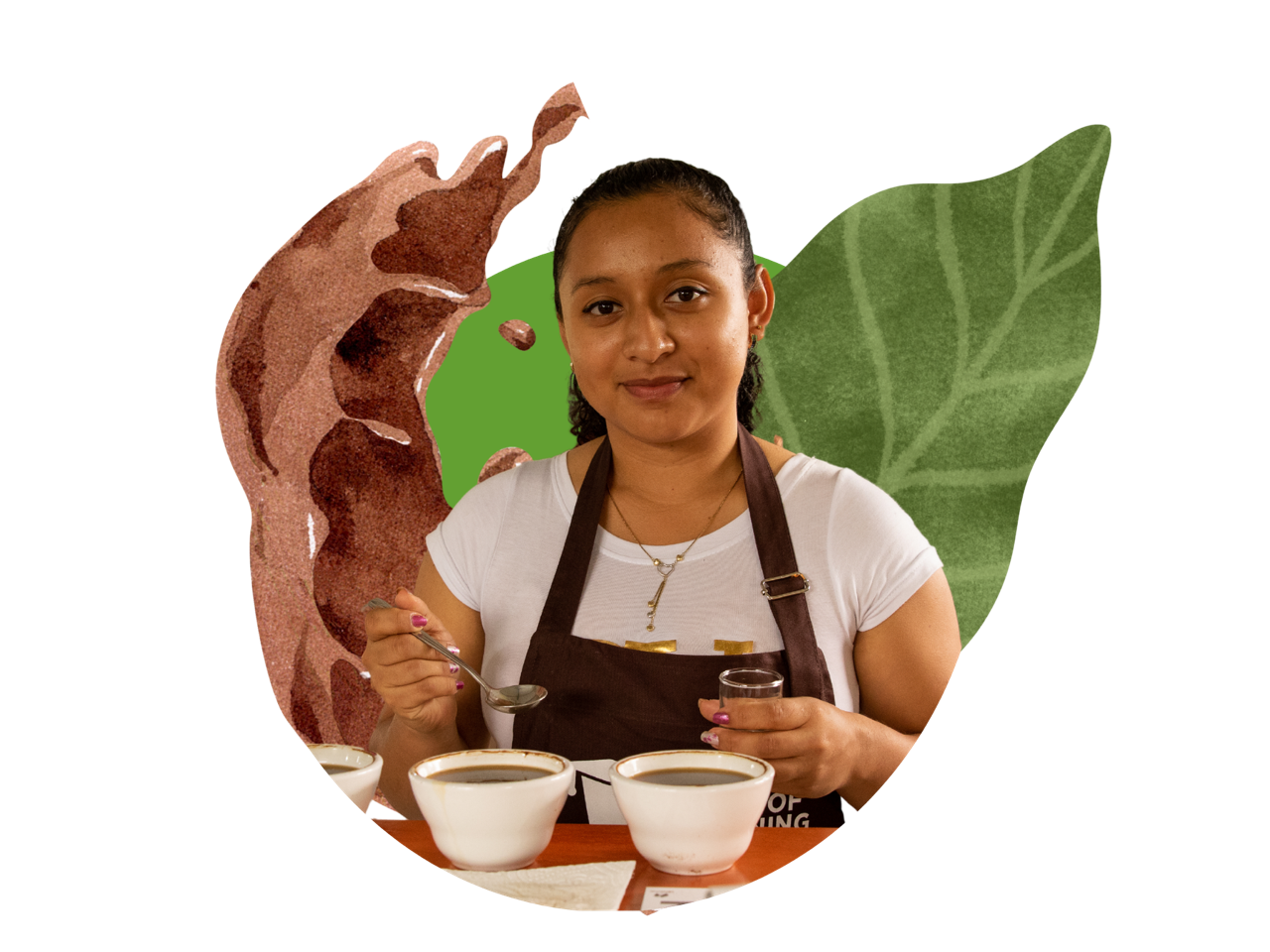
Where does my coffee come from?
Nestled deep within the Ecuadorian Amazon, in the lush province of Zamora Chinchipe, you'll find the coffee organizations APECAP and ACRIM. These groups unite over 400 dedicated local producers who have committed to protecting their forests through a pioneering voluntary agreement with the Ministry of Environment, Water, and Ecological Transition.
Each farm is an open book. By scanning the provided QR code, you'll gain access to detailed data, including satellite imagery that showcases the careful management of both production and forested areas. This transparent approach allows you to trace the origins of your coffee, ensuring that every sip supports sustainability and the preservation of the Amazon’s natural heritage.
Putting local producers first
Local producers are central to the success of deforestation-free coffee production. Their intimate knowledge of the land fosters sustainable and culturally attuned practices.
UNDP and Agrocalidad, MAATE and MAG Ecuador have prioritized the involvement of local producers, working closely with FAPECAFES to implement this pilot project for deforestation-free coffee.
FAPECAFES plays a pivotal role in deforestation and traceability monitoring, ensuring the integrity of the supply chain and providing international recognition and dignity to local coffee producers. Coffee production in turn delivers economic benefits to the community, promoting inclusive development at the grassroots level and ensuring further conservation of natural resources.
Advancing global sustainability goals
At UNDP, we believe that that working with the private sector can drive significant change. UNDP's efforts in promoting transparency and traceability in deforestation-free commodities production are providing a blueprint for future policies on safeguards, biodiversity, climate action and environmental conservation.
Our partnership with Lavazza exemplifies UNDP's renewed approach to collaborating with the private sector and draws attention to the importance of responsible supply chains for the long-term viability of businesses. Investing in these chains is not only environmentally beneficial but also crucial for sustainable development.
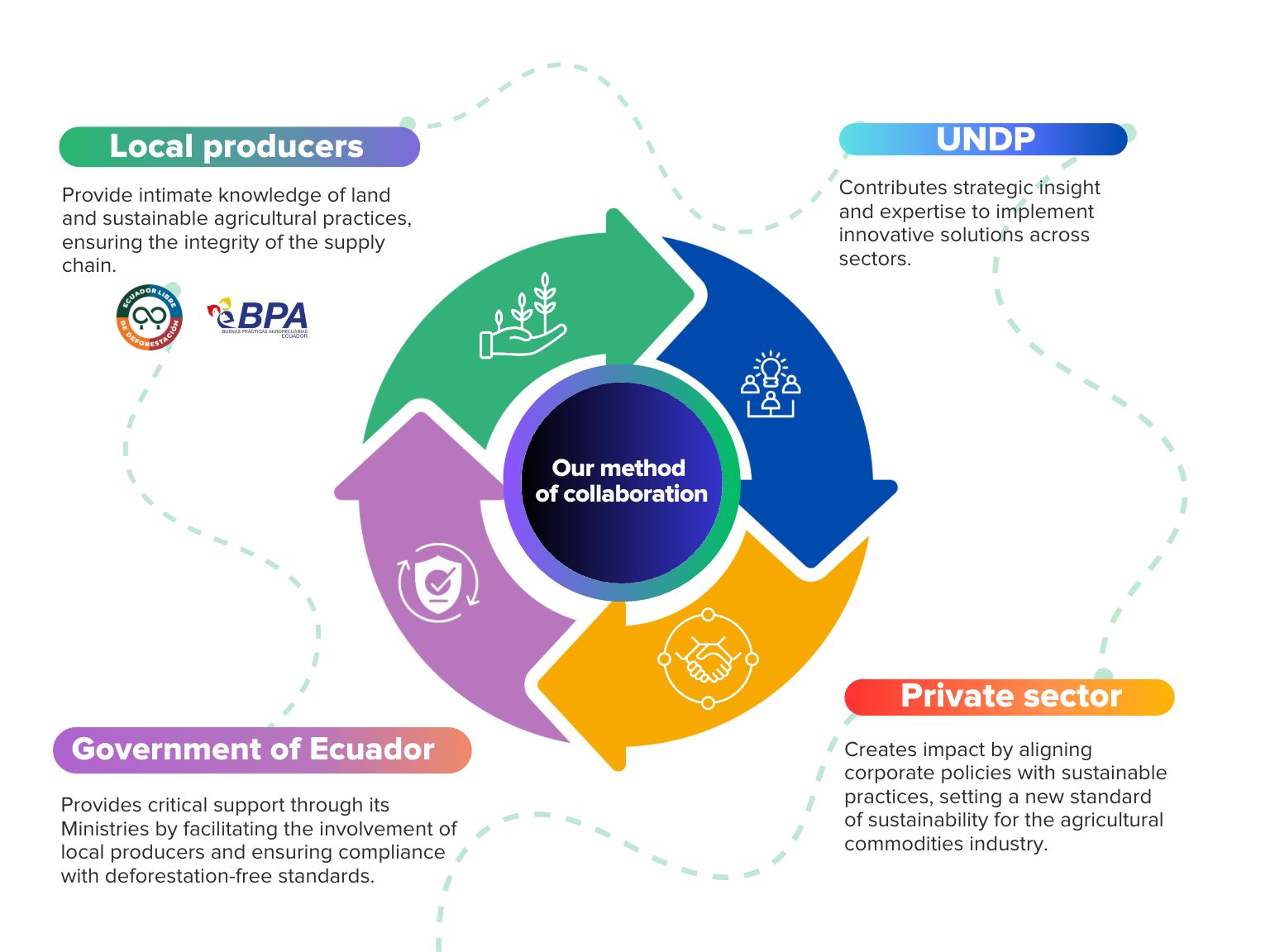
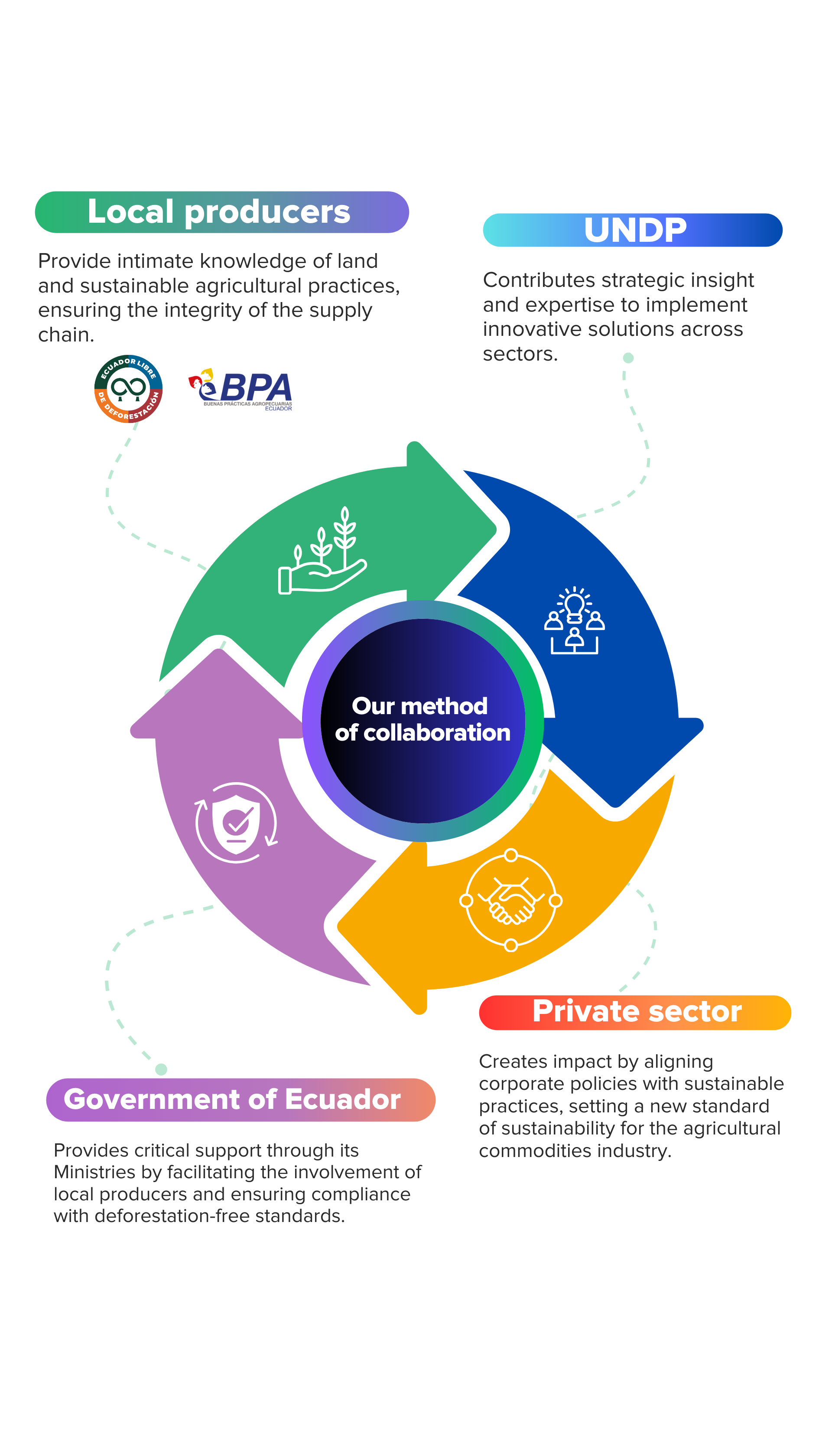
Our collaboration, realized through the support of the UN-REDD Programme, demonstrates the power of aligning public and corporate policies towards a sustainable future, finding innovative solutions to address deforestation in the coffee supply chain.
This initiative is supported by the following partners:

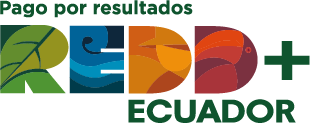
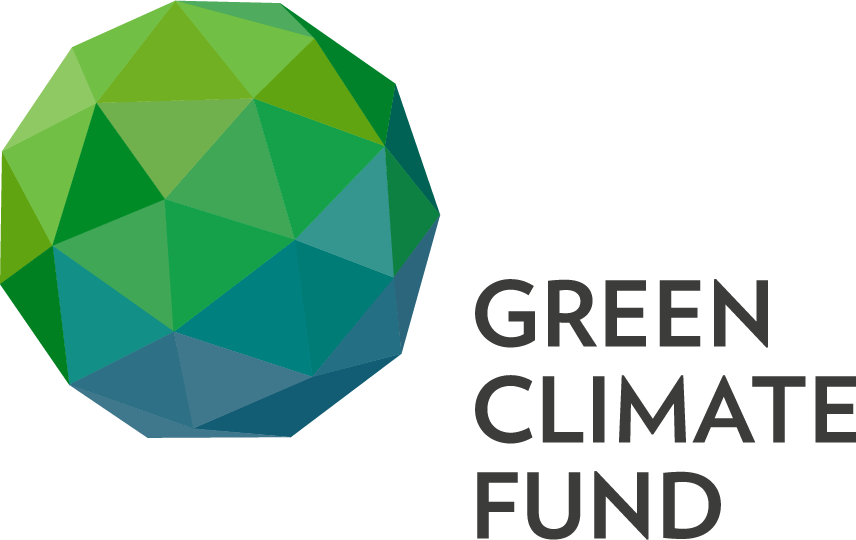


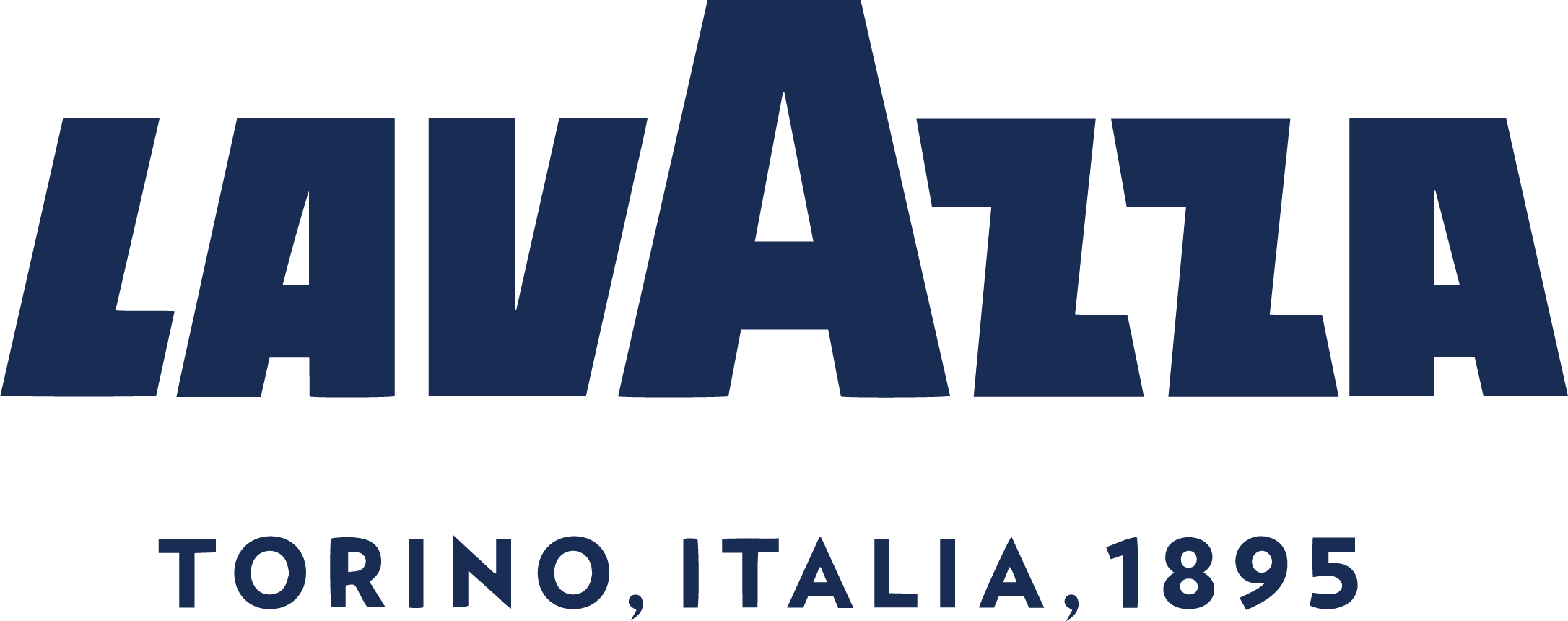
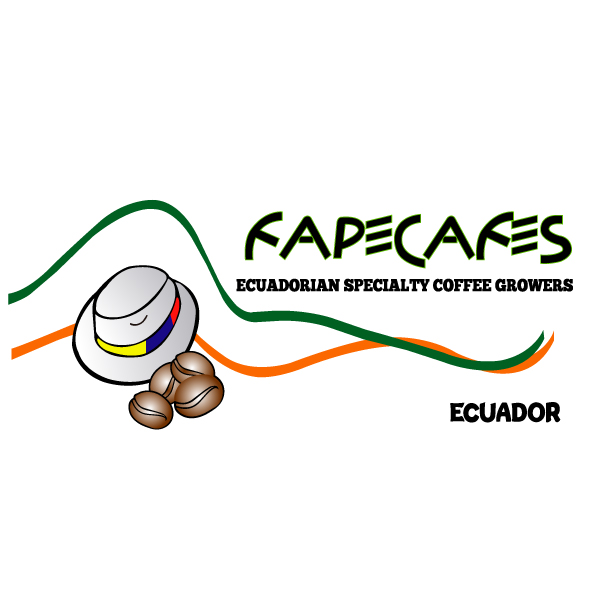
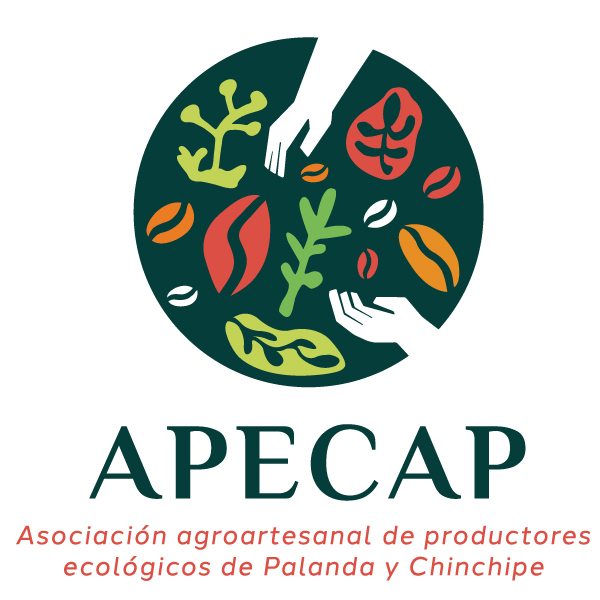
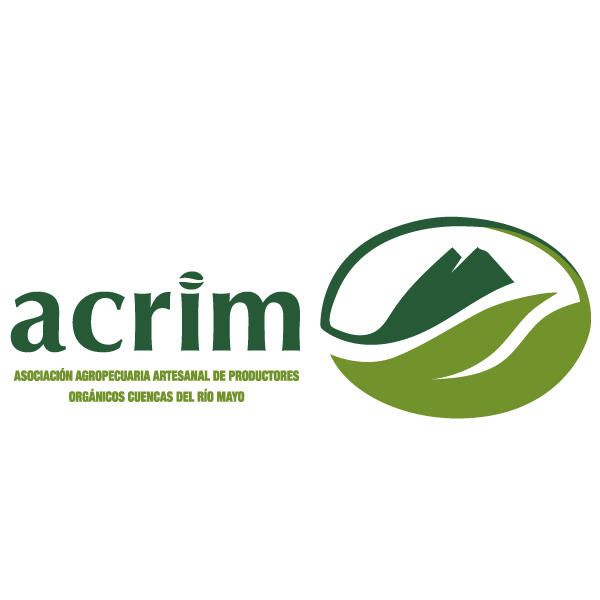
* UNDP does not endorse any entity, brand, product, or service.